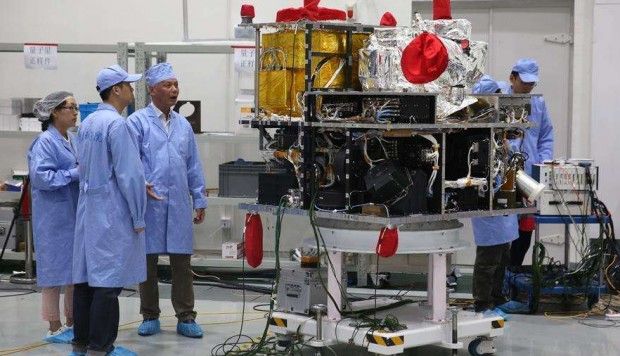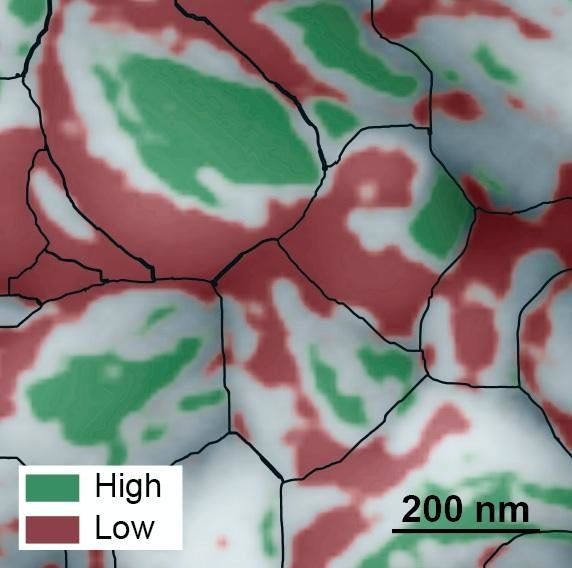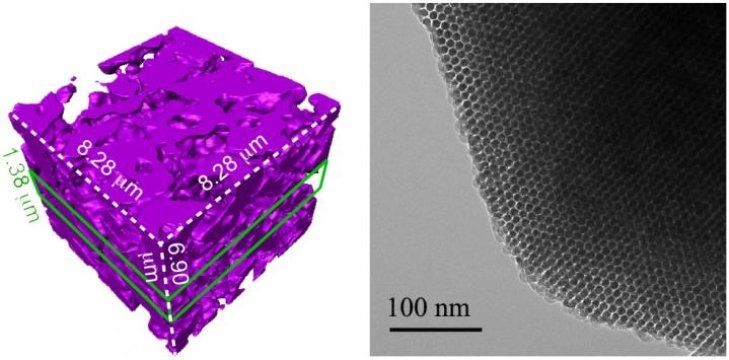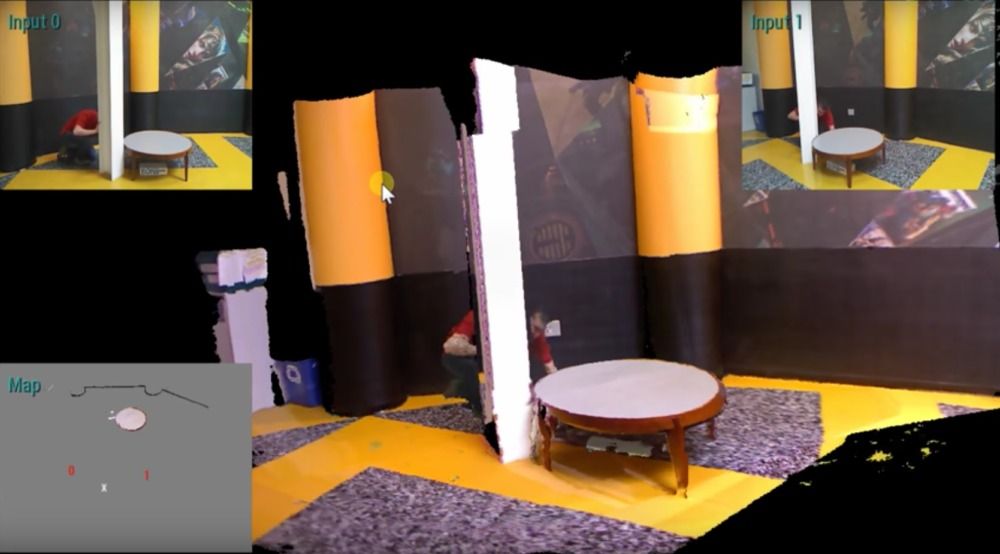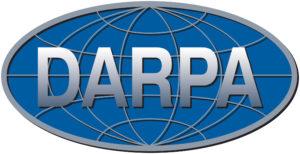Jul 4, 2016
3D Printing Metal Interview with Arcam CEO Magnus René
Posted by Karen Hurst in categories: 3D printing, biotech/medical
“May you live in interesting times,” resonates with many involved in the metal 3D printing industry, an ironic phrase regarded by some as a curse. Magnus René, CEO of the Arcam Group AB, might one of the last to agree. In the 3D metal printing market Arcam are unique. Holding propriety Electron Beam Melting (EBM) patents the company is at the forefront of cutting edge industries such as aerospace and medicine. I asked Arcam’s CEO about some of these developments.
René compares today’s additive manufacturing landscape to an earlier career experience in another industry at the frontier of technology.
“I was with a company that developed and released the [semiconductor] printers that are used still to this day for manufacture. Those were also interesting times, we really felt that we were changing the way things were manufactured.”
Continue reading “3D Printing Metal Interview with Arcam CEO Magnus René” »




